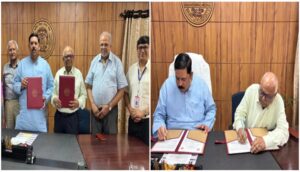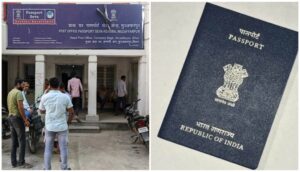The Chief Minister Who Pioneered Period Leave for Women in Bihar

Patna : In a move that was decades ahead of its time, Bihar became the first Indian state to introduce menstrual leave for women employees — a decision that sparked a conversation still ongoing in the 21st century. The policy, which granted two days of leave during menstruation, was implemented on January 2, 1992 during the tenure of then-Chief Minister Lalu Prasad.
At a time when menstrual leave is still a subject of debate across the world, Bihar’s progressive step in the early 1990s stands out as a pioneering initiative. Women in the workforce often face severe discomfort during periods, with symptoms such as stomach cramps, fatigue, and back pain making office work particularly challenging. Despite this, discussions about whether menstrual leave should be a legal entitlement continue to divide opinion globally.
A Revolutionary Decision
The decision to introduce menstrual leave in Bihar was not easily won. Women employees in the state staged a 32-day strike, demanding this right. Their persistence eventually led to the landmark policy, which remains in place to this day. The Lalu Prasad government’s move was hailed as a significant step toward acknowledging the biological realities faced by women in the workplace.
A Model for Others
While Bihar led the way in 1992, it took years for private companies and other institutions to follow suit. In 2017, Culture Machine, a Mumbai-based media company, introduced a one-day period leave policy. Three years later, food delivery giant Zomato announced menstrual leave for its employees. As of 2025, at least 12 companies in India, including Byju’s, Swiggy, and Magzter, have implemented similar policies.
Hygiene and Health Concerns
Maintaining menstrual hygiene is essential, and the use of sanitary napkins or tampons helps prevent infections. However, some women face health issues such as heavy bleeding, painful periods, or conditions like polycystic ovary syndrome (PCOS), which may require medical attention.
A Continuing Debate
Despite growing awareness and the adoption of menstrual leave policies by some companies, the broader conversation about whether menstrual leave should be institutionalised across India — and globally — is far from over. As discussions continue, Bihar’s early recognition of the need for such leave remains a landmark moment in the country’s history of labour rights.





